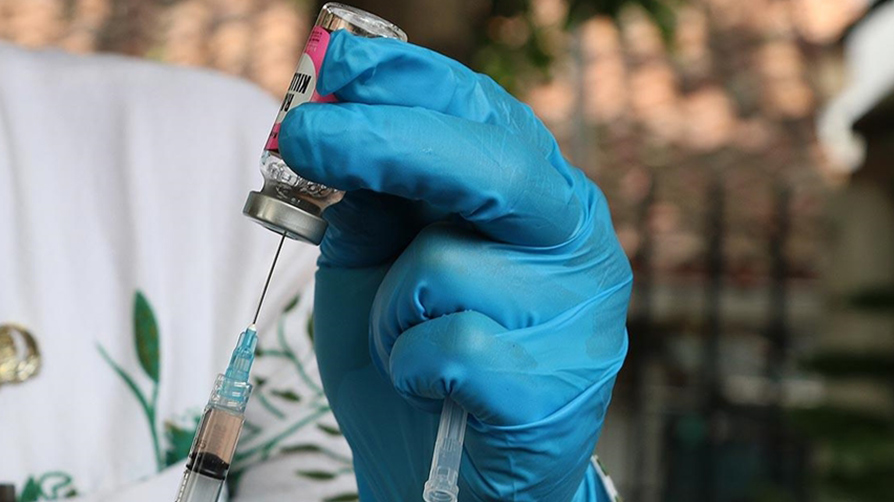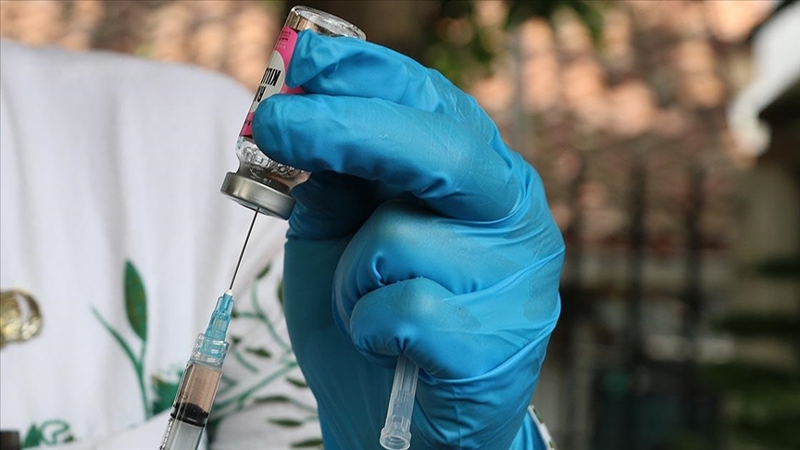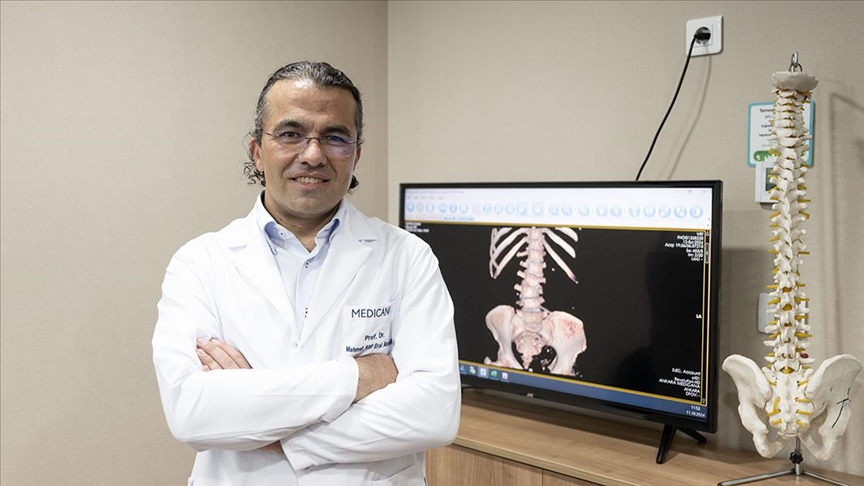
New Development in Turkish Medicine: "Domestic Rabies Vaccine Research" Reaches Preclinical Stage
The clinic world > New Development in Turkish Medicine: "Domestic Rabies Vaccine Research" Reaches Preclinical Stage
At the 5th International Animal Science Congress hosted by Erciyes University, Prof. Dr. Kadir Yeşilbağ highlighted rabies as one of the oldest zoonoses known in human history. He noted that nearly all humans infected with rabies fail to survive, emphasizing the need for immediate treatment.
Yeşilbağ pointed out that Turkey is among the countries with a high risk of rabies, with various animal species acting as carriers, especially dogs, which are responsible for over 99% of rabies cases in humans. He mentioned that approximately 450,000 rabies exposure cases occur annually in Turkey, with this number steadily increasing due to heightened human-animal interactions.

Developing Domestic Rabies Vaccine for Animals
Yeşilbağ stated that the latest scientific methods are used for treating rabies-infected individuals in Turkey. He emphasized the importance of developing a domestic vaccine, noting that Turkey was once among the first countries to produce rabies vaccines but faced challenges in keeping up with technological advancements over time. Currently, there are collaborations between the private sector and universities to resume research and development of rabies vaccines for animals.
Initiation of Clinical Pre-Trials for Human Rabies Vaccine
Noting that around 2 million doses of animal rabies vaccines and over 1.5 million doses for humans are imported annually, Yeşilbağ indicated that local projects aiming at developing a human rabies vaccine are underway. He described collaborations with private sector companies focused on animal health and reported that they are nearing completion in preclinical stages.
Source: Star

Sakarya Provincial Health Directorate's Statement on Allegations of Negligence in Baby's Death
AA
Minister Memişoğlu: Structural reforms for private hospitals are on our ministry's agenda
AA
Rwanda Reports No Community Transmission of Marburg Virus, Zero New Cases Recently
ABC News











